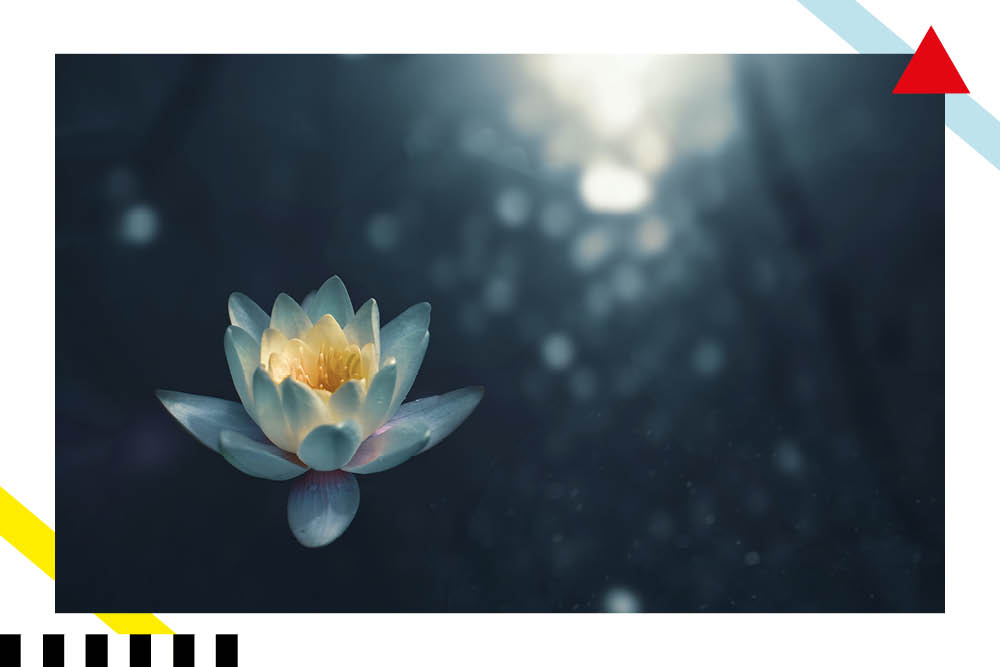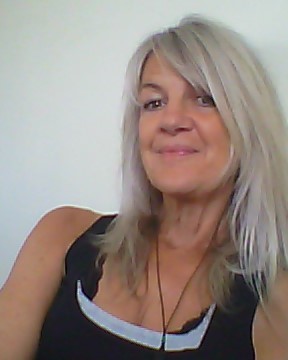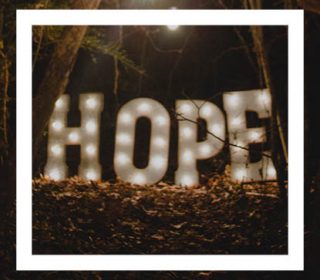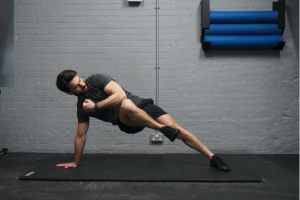Taoism: Six Key Principles to Acknowledge

Taoism has been with us for thousands of years and in the words of a Tai Chi master ‘is a collection of psycho physical methods based on a philosophical template.’ It involves techniques founded in martial arts such as, Tai Chi, Pa Kua, (Ba gua) Qigong and Hsing – I. Some refer to it as a religion but this aspect only appeared in the 1600’s as an offshoot. There is no praying to a particular deity or a need to treat Taoism with reverence, so it will not interfere with any religious beliefs you may hold.
The Tao (pronounced dhow) came to me in roundabout fashion, and despite being the other side of 50, and having searched for many decades for something that felt right and fit my own world view, it seems I was only just ready for the master to appear.
In the last 12 months of applying the various concepts and precepts of Taoism, I can very definitely endorse it as a way to enhance your daily life and any spiritual practices you may wish to augment. All late developers take heart!
Learning about Taoism came as a secondary interest to being able to move chi around someone else’s body for the purpose of healing. I’m not completely new to this, being Reiki attuned, but I found it so amazingly powerful and fascinating when I experienced it as the receiver, especially as the chi – mover was not even in the same country, never mind the same room. I wanted to be able to do this, with the same intensity and intent. So I wanted to know how to develop this level of expertise first and foremost.
If you are familiar with Tai Chi and Qigong, you will already be aware of how these work in regard to the moving of chi around your own body, and the importance of balancing chakras, and dissolving blockages in these or in any of the meridians. There are many other intertwining elements, necessitating some diligence and discipline in order to expand these to an optimum force.
1. Going Back is the New Way Forward
This is the answer to pretty much everything. Such a simple but incredibly effective maneuver, and it doesn’t even take long to learn how to do it. Have you ever felt that you are living in a movie, that all around you is surreal and you are not playing the main role in your own life – even before all the Covid combobulations – but instead watching it simply happen. Being in the back of you, on purpose, means that you view all happenings, thoughts and emotions as though you are behind them. Like being at the rear of a theatre watching things act out on the stage, it allows you to observe what is going on whilst detached from it.
Instead of allowing agitation or sadness to overwhelm, you observe yourself experiencing these emotions but not being part of them – not being pulled into the drama of them. It immediately quietens the monkey mind operating in the front, conferring the ability to be in a centred or meditative state whilst going about our daily doings.
2. Being of Service
This is a hugely effective way to offset any feelings of inadequacy, fear of being judged as not good enough, and any form of social anxiety. When entering a situation that has the possibility of causing apprehension or dread, think of what you can bring to the person/platform/circumstances you are about to experience. Look for ways to help even if it is simply a heartfelt smile. When you switch the focus from how you are being received, to how you can be of service, you are taking control. The Tao is joyously non judgemental, whereas judging others seems deeply rooted in many of us and which we unconsciously project.
I’m now able to quickly notice when I make a judgment, which I can then halt, and rearrange my thoughts and reaction to it. Moreover, there is no moralistic stance regarding supposed good or bad behaviours. Instead, someone at one with the Tao would follow their own inner code and always be looking for the highest good of everyone concerned in any given situation.
3. Applying 4 oz (110 gms) of Pressure.
The art of less is more or at least just enough effort in order to allow flow, to put an intention in motion but not force it or be so caught up in the results that you lose your equilibrium. It is of course a metaphor for handling any set of circumstances or situation with sensitivity. This includes how we deal with ourselves. When we set an intention for something, we need to take some form of action to aid in its materialising, but we would not obsess with how fast it happens.
4. Neither This nor That
Instead of this or that, it is both. The yin and the yang constantly eternally co joined. With an understanding of this continuum, it lessens the propensity to have preferences and to be at peace with whatever is currently presenting as your own life. In very simple terms it means that there is potentially good and bad in everything. For instance, if you love the sun and It’s baking hot for weeks – good, but the ground is too dry and the plants are dying – bad. Or your toddler just sicked up the entire night – bad, but you’re not in danger of being eaten by a marauding animal – good. Facetiousness aside, it is the ability to easily find an upside in any eventuality. To maintain equanimity.
5. Immortal Spirit Body
I’ve never had a fear of dying or being dead other than not wanting it to happen whilst my children were still in need of me, consequently I avoided wing walking or free jumping off tall buildings when they were little. Although, apparently all of us including me, display elements of the death urge as propounded by Freud. Of course, I’ve wondered about what actually happens to us when dead, and considered myself healthily sceptical about the existence of other realms. Until I began reading up on quantum physics, which provoked a great deal of internal questioning, as if we are energy, how can this die off or end.
Energy is energy, it doesn’t just stop. Taoism answers this and bearing in mind how ancient it is, it is uncanny how well it aligns with quantum physics. The eternal spirit body can be accessed using breathing and movement techniques. Described by Barefoot Doctor in his book ‘Return of the Urban Warrior’, as ‘an etheric shape existing in the same space as your physical body, designed to maintain the integrity of your consciousness as an ongoing entity from the point of physical death onwards.’
6. Wu Wei or Effortless Manifesting
Wu Wei translates as non doing. This is not meant as an encouragement to be inactive or apathetic, rather, it means to go with the flow. To follow the way, to align our actions with the intentions we put out, and to allow these to manifest without effort or anxiety over when or how the outcome will occur. The Taoist system is gentle.
All components of Taoism offer workable solutions to the issues we all find ourselves facing and can be used as stand alones, but when used together the synergistic effect will lead to a speedier and more powerful outcome
There is of course far more than can be summarised in short, as truly, any simple seeming philosophy has many layers and depths. Applying Taoist methods results in being able to maintain a high vibrational state at all times, regardless of what the outside world throws at us. It means the transformation of you, your life, your relationships, your local world, the world at large and therefore all for the higher good of everyone concerned.









